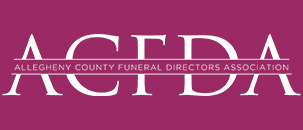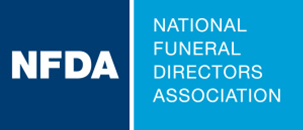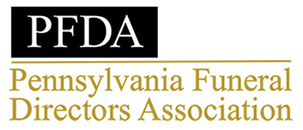
The pressure of preplanning a funeral is immensely stressful. Choosing a person to officiate the funeral service in the early stages of planning a funeral may reduce a great deal of the stress surrounding it.
The clergy, or officiant, can add a compassionate touch to the ceremony and bring a sense of comfort to those who are grieving the loss of a loved one.
A funeral officiant will usually handle the structuring of the service, which includes delivering the eulogy, leading religious sermons, and being responsible for any post-ceremony activities, like the burial, for example.
Since the role of an officiant is a very intimate one, when finding clergy for a funeral service, it’s important that you and your family are comfortable and can trust the officiant chosen to honor your loved one’s memory.
Why should you have a funeral officiant?
Enlisting the services of an experienced funeral officiant can help, as they:
- Will directly communicate and coordinate all pre and post-funeral activities, making it easier for everyone involved
- Will usually have a structure to lead a ceremony; this makes it easier for you to work with them and make it feel personal for you and your family
- Will address a crowd and conduct a funeral service with confidence and respect
Who can officiate a funeral?
There are no legal obligations that a funeral officiant has to fulfill. So when finding clergy for a funeral service, whether it’s a family member, a close family friend, or an experienced funeral officiant, you have the choice of appointing any individual to officiate the ceremony. Some common options are:
- Funeral directors: Organize all aspects of the funeral. They are also accustomed to working with grieving family members and are aware of how to respectfully remember a deceased loved one
- Funeral celebrants: Assist in funeral planning and work closely with the family to conduct a ceremony on a more personal level, if you prefer to have a nontraditional ceremony—this is a more secular option
- Religious officials or members of the clergy: Conduct the funeral service and are well-versed in laying people to rest according to their religious beliefs
- Family members or close friends: Officiate the service; the family member or close friend should ideally not belong to the immediate grieving circle of friends and family as it’s a highly emotional time for those closest to the deceased
How would a nonreligious funeral officiant carry out the service?
In the event of a nonreligious funeral ceremony, a humanist officiant can be appointed to help you plan a ceremony without any religious overtones. Instead, the officiant will focus on delivering a very personalized ceremony reflecting your loved one’s values and beliefs.
A trained humanist officiant will include the following in a typical program:
- A welcoming statement
- A few stories from family members and friends
- A eulogy from a respected community member
- A moment of silence as a sign of respect
- A collection of beautiful pieces of music—this is optional
- A dismissal
What should you look for in a funeral officiant?
Before handing over the reins to a funeral officiant, make sure that the officiant is aware of your requirements and adheres to them, from pre-planning funeral services in Pittsburgh to any post-funeral activities.
The officiant has to be willing to collaborate with the family. Respecting your beliefs and traditions when creating a program to honor your loved one is crucial.
If it was your loved one’s wish to have a religious service, it’s best to ask the leader of the institution to officiate as they will be better versed in aligning religious beliefs.
The most experienced clergy for a funeral service will have a previously used structure or schedule that you can refer to and curate according to your loved one’s requirements.
How do funeral officiants charge for their services?
Costs vary depending on who you pick to officiate the ceremony. Family members or friends will often be willing to do it for free. With this option, however, there’s no guarantee that the service will be carried out smoothly due to a lack of experience.
Members of the clergy are unlikely to accept any sort of payment. Most clergy, however, will accept a donation directed towards their house of worship, while funeral directors are likely to charge $200-500 to officiate a funeral ceremony.
Appointing clergy for a funeral service can help honor your loved one
Your primary goal is to find an officiant that you and your family are comfortable with. With all the stress and emotions that follow the death of a loved one, you should be able to place your trust in a person who is compassionate and understands your grief.
Finding a suitable candidate to officiate the service can allow you and your family to be more present during the service. No matter who you choose to officiate the ceremony, the right officiant will offer you a memorable service and honor your departed loved one.



